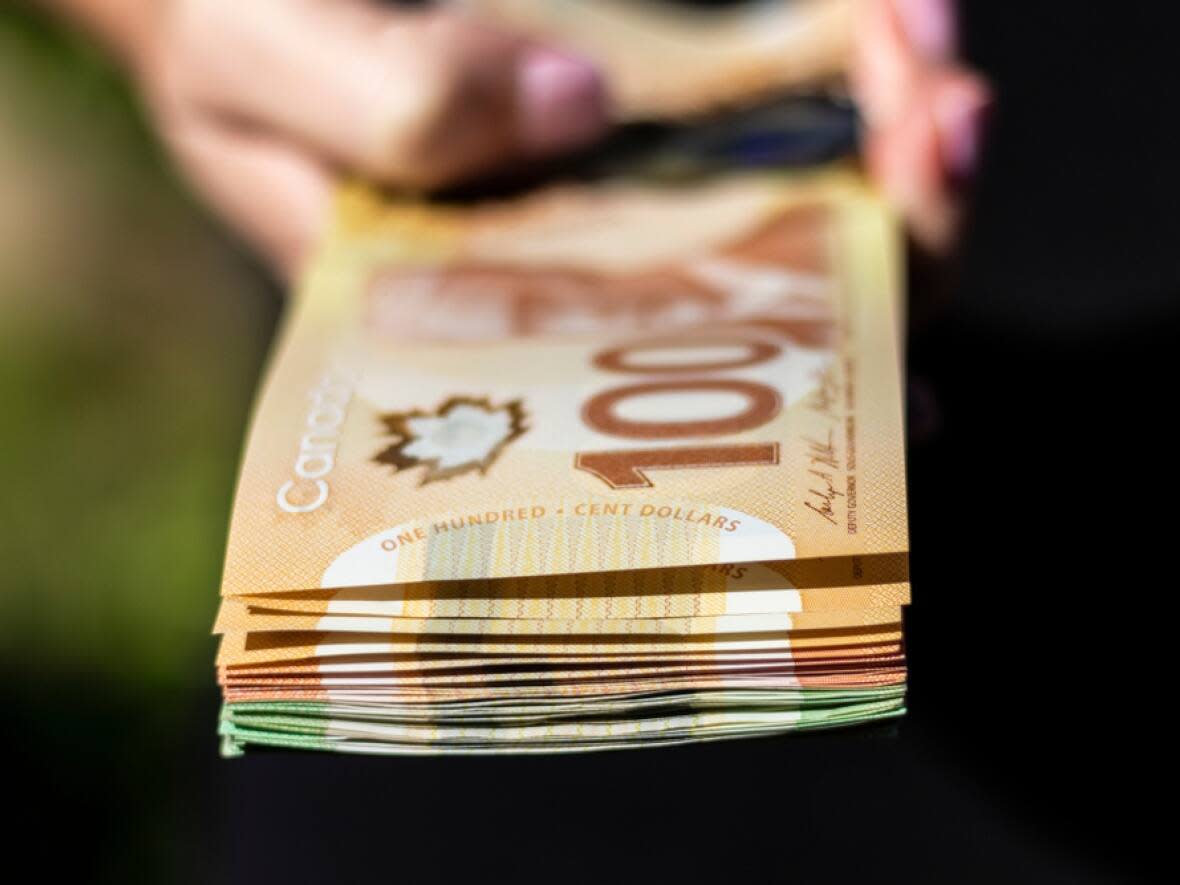Local political parties in B.C. nearly double their spending in 2022's election compared to 2018

After a dip in 2018, money was a bigger factor than ever in B.C.'s 2022 local elections.
Across British Columbia, individual candidates and political parties seeking local office spent a combined $22.1 million during October's campaign, an increase from the $16.2 million in 2018 and likely a record number for any local election in the province.
It was largely due to a large increase in money spent by local political parties — from $5.8 million in 2018 to $11.4 million.
The highest spending group was Vancouver's ABC Party, which spent $2.1 million in its successful campaign electing Mayor Ken Sim and every candidate who ran for council, school board and park board.
That number isn't a record, as Vision Vancouver spent $4.1 million in the 2014 election that saw Gregor Robertson win a third term as mayor.
But compared to 2014 or 2018, there were millions more spent by new political parties outside the City of Vancouver, including successful campaigns in Maple Ridge, New Westminster and the Township of Langley.
"Vancouver had kind of been the exception to the rule for a really long time having political parties, but it appears that it's now sort of proving to be more of the model," said UBC political scientist Gerald Baier.
"You're seeing it in all the municipalities realizing some of the advantages of running as a political party — and, of course, one of those is fundraising, and then that money is an efficient way to help candidates get elected."
The figures come from campaign finance data released by Elections B.C. for all 2022 local elections in B.C. and can be found here.
Money spent in the last three local elections across B.C.
How much did each Vancouver political party spend last election?
Learning how to work within the new rules
The record spending comes despite new rules instituted before the 2018 election that banned corporate and union donations while limiting the amount individuals could donate to $1,200 per campaign to a candidate or political party.
Baier said it was likely political parties had figured out how to more efficiently raise money within the rules compared to 2018.
"If you [can't] just sort of look to a couple of big pocketed donors … there's more of a need to co-operate with others and find a team that can aggregate some of those smaller donations," he said.
"There are fundraising techniques that are reasonably efficient in this day and age … to collect a whole bunch of small donations that maybe makes what they used to get from the big time donors."
While multiple family members of prominent Metro Vancouver developers donated to campaigns in 2022, similar donations happened in 2018, and the B.C. Supreme Court has ruled against conflict of interest allegations stemming from such actions.
People elected to city hall in Metro Vancouver's 10 biggest municipalities in 2022 election
Less money beyond Hope
The data from Elections B.C. shows a tale of two provinces when it comes to political donations in local elections and party politics.
Langford was the only municipality outside Metro Vancouver that saw candidates elected to council from a political party. Beyond Hope, it was rare to see council candidates spend more than $10,000 on their campaign. And while spending big paid off in Vancouver, the mayoral candidate that spent the most money lost in Kelowna, Kamloops, Prince George, Saanich and several other mid-sized cities.
However, in the eight Metro Vancouver municipalities with party systems in place, a single independent non-incumbent candidate was elected to city hall: Langley Township's Michael Pratt was elected to council in October.
"Yeah, I'd say it's very difficult," said Pratt, who credited his losing campaign in 2018 with giving him a better sense of what to focus on.
"We had to be very direct and strategic with where we put our money — if you're raising a half million, you can splash the money around a little bit easier."
Pratt said he's not against political parties and is confident he'll be able to work with the dominant Connect with Langley party led by Mayor Eric Woodward over the next three and a half years.
But he knows his position is fairly unique.
"It is difficult. it is an uphill battle. But you know, in politics, nothing worth having comes easy."


